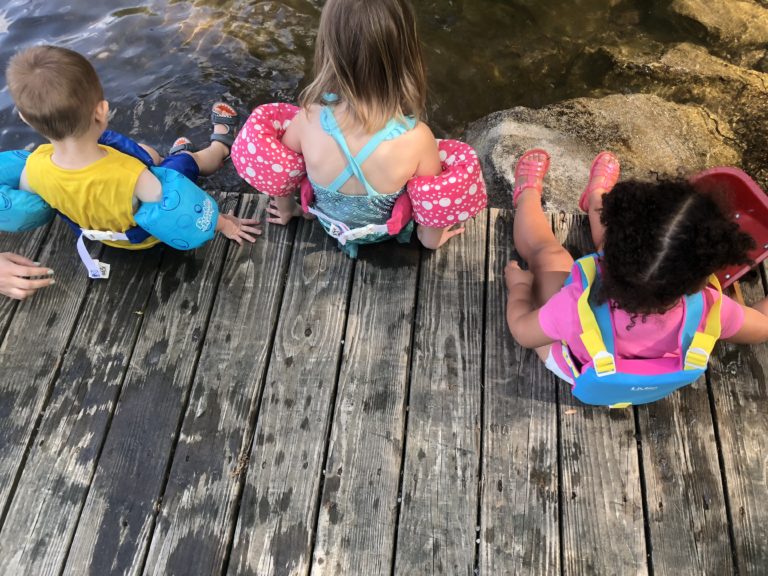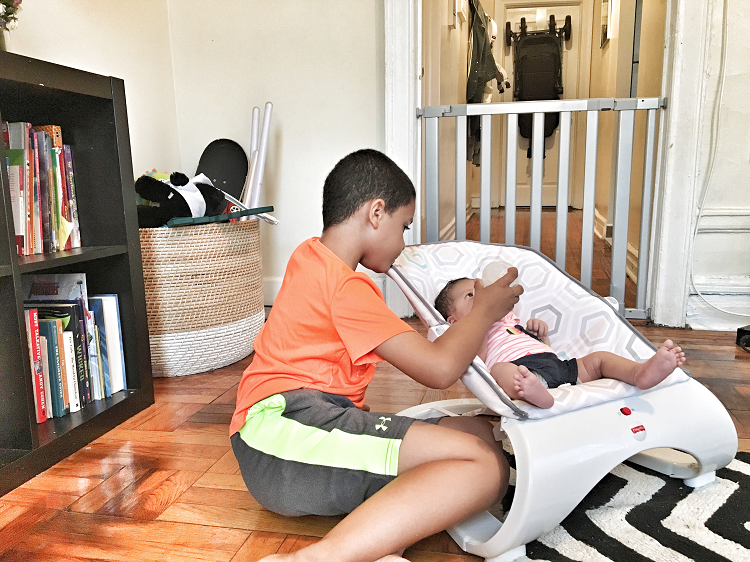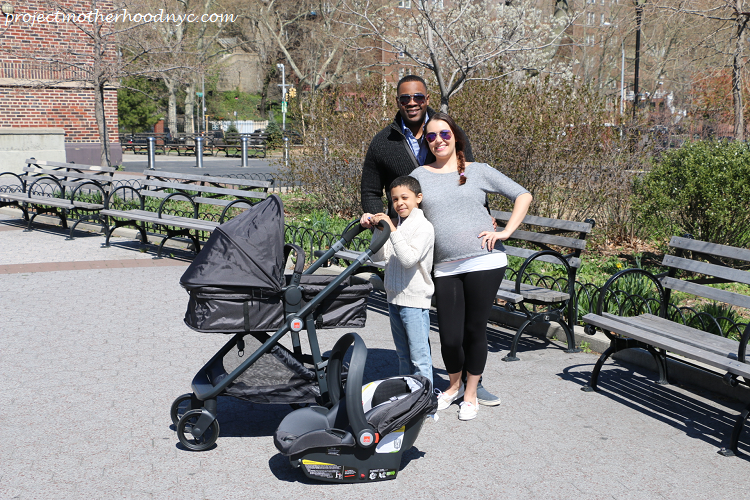Loss of any kind can cause crippling grief for moms and their entire family. These are practical suggestions for helping a grieving mama, from moms who have been there themselves.
Welcome to my “How to Support a Mom” series. It all started with one post called “How to Support a Mom Struggling in Public,” that gained so much love and attention that I turned it into a whole series! Knowing that we could all do a better job of supporting one another, but sometimes we don’t know how, you will find new content in this series every month.
How to Support a Mom Dealing With Loss
Over the past few years, I’ve watched family and friends deal with loss in their lives of so many different kinds. Whenever a close one is grieving and no matter what they are grieving, they all handle it and react in completely different ways. Noticing this, it became increasingly important to me to put together this post so that we might learn something new and find ways to best help others going through difficult times.
RELATED: How to Support a Mom With Postpartum Depression

Real advice, from real moms who have been there
“Our fourth child was diagnosed with congenital diaphragmatic hernia. Even when we knew there was a possibility of death, we clung to faith hoping that the statistics would be in our favor. Unfortunately, that was not the case for us, and our son passed away at only 2 days old.
Someone who is grieving will not always ask for help directly. They might not even know exactly what they need from moment to moment. A big part of helping a person through their grief is picking up on the subtle signs, and finding ways to help without having to be directly asked.
Naturally, I had a lot of baby items in my house in preparation for Evander’s arrival. Without missing a beat, a friend of mine came to the house, packed it up, and took it away. She knew I was having a hard time looking at it and took action to help ease my pain. Another friend of mine set up a meal train. This wasn’t simply because I did not feel like cooking, but because she knew that getting myself out of the house and to the store was a daunting task. She knew I feared running into people who had previously seen me pregnant and might ask about the baby. Even the smallest gestures, like texting me to ask what I need from the store, were so meaningful.
A GoFundMe page in Evander’s honor was set up and shared with my family and friends. What a lot of people don’t realize is that when a baby dies, you’re not only worrying about the cost of funeral arrangements, but also the medical bills for care received prior to their death. These bills will show up within days of returning home with empty arms and broken hearts. Dealing with the financial burden on top of the grief can feel unbearable.
These are just a few examples of all the wonderful things my support system did for us during our darkest point in life. If you are supporting someone through grief, my biggest piece of advice is to let them talk openly for as long as they need. My support group let me vent, yell, cry, scream, swear, talk about how unfair it was, and talk about his death repeatedly in order to process it. They did not pass judgement or interject, they just listened. I love talking about Evander, and I wanted my support group to know that and not be afraid to bring him up in conversation. To truly help a grieving friend or family member, you must be willing to feel uncomfortable in order to let them heal.” – Krysta Climo, Evander Strong – The Long Road to Healing as a Loss Family
“When I had a loss, the most difficult part was feeling like if I talked about it, I was imposing on people. It hurt when people didn’t bring it up to me, though I know they were just trying to spare my feelings.” – Jennifer Weedon Palazzo, MomCaveTV
“I really hate it when I’m going through something and people tell me, ‘everything you feel affects your kids.’ I don’t need that kind of guilt on top of whatever I’m going through. When my grandmother passed away, I was 39 weeks pregnant. Everyone told me not to get myself upset or I’d go into labor. At 39 weeks, I was probably going to go into labor anyway. Let me grieve for my grandmother. I’m a mom now, but I’m still me, too.” – Allaya Cooks-Campbell, Baby Droppings
If you’re looking for some extra support or need a great recommendation for a friend, check out NICU Love and Loss Podcast as a wonderful resource to help you remember that you are not alone.
LOOKING FOR MORE MOM SUPPORT POST? YOU’LL LOVE THESE!
- How to Stay Friends With a Non Mom Friend
- How to Find Support Groups For Moms
- Why We Need to Be Lifting Each Other Up
- Why I Stopped Trying to Be Supermom
- 5 Things to Consider Before You Plan a Med Free Delivery
- Wardrobe Staples For Your Postpartum Body
- How to Support a Mom With Postpartum Depression
If you are reading this and have something to add to the conversation, I would love to update this piece and include a quote from you! Email me at allison@projectmotherhoodnyc.com
XOXO,
Allison









